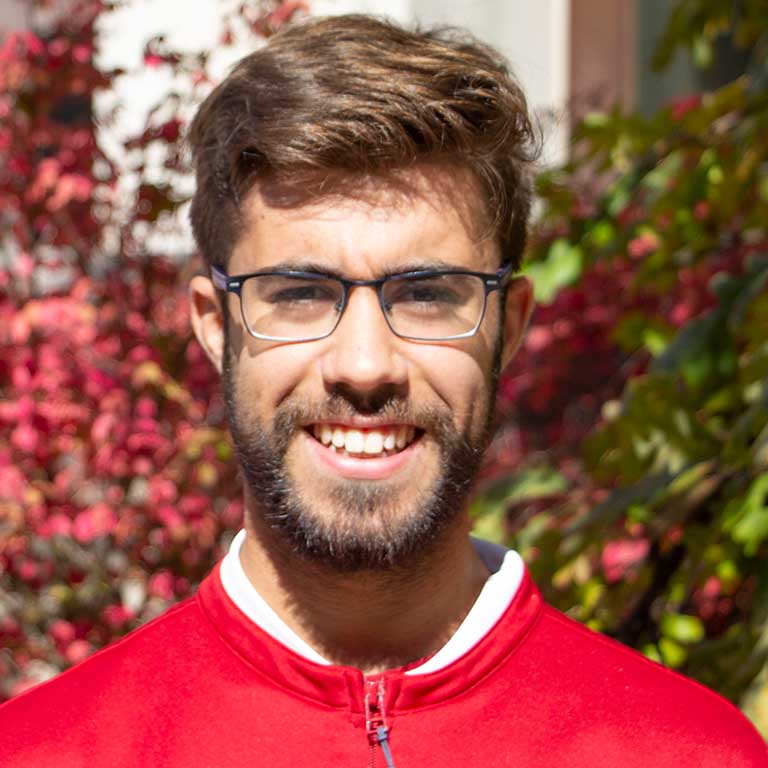What are some of the differences you see between education in Spain and education here?
Of course, I can’t say for sure what the differences are because I go to school here, but I would say that the opportunities here are huge. In America, professors look more at a student’s passion for the subject and the knowledge they have than their perfect grades. They believe that if you have passion for your subject matter, then you’ll be a good scientist.
Also, I think the College is really preparing students for the next step in their career. Here, it’s not just about gaining knowledge, but about how you can express that knowledge in an interview for people to hire you. Because of this, I am more experienced and more focused on my next steps. Spain doesn’t do this as well. I think that in comparison to my peers at home, I am more experienced and more focused on my next steps. My friends at home are not as prepared for the future as I am.
Another interesting point is the relationship between students and professors. The interaction between them is a huge part of education in the U.S., which isn’t the case in Spain. My professors here are really knowledgeable. They command respect because they’re so good in their areas of research.
Lastly, in the U.S., you have lots of choices for courses, but in Spain, they give you the plan for what you’re studying and that’s that. Here, you make a path to graduation.
How have the resources in the College of Arts and Sciences helped you?
I went to the Walter Center for Career Achievement, and an advisor there was very helpful. She knew all about the application process and the options for graduate school, which is what I want to do next.
My College advisor, Emily, has been great. I saw her about three times during my first semester because I was having some problems with my class schedule. She’s been very helpful.
What are your plans for after graduation?
I plan to apply to graduate school in California and get a graduate degree in either Molecular Biology or Biochemistry, possibly Immunology. After I complete my degree, I want to work in Research and Development for a pharmaceutical company.
Is it possible to sum up your experience in one sentence?
I’m thankful for how prepared I am for my next steps, and I’m thankful for how athletics has contributed to that.


